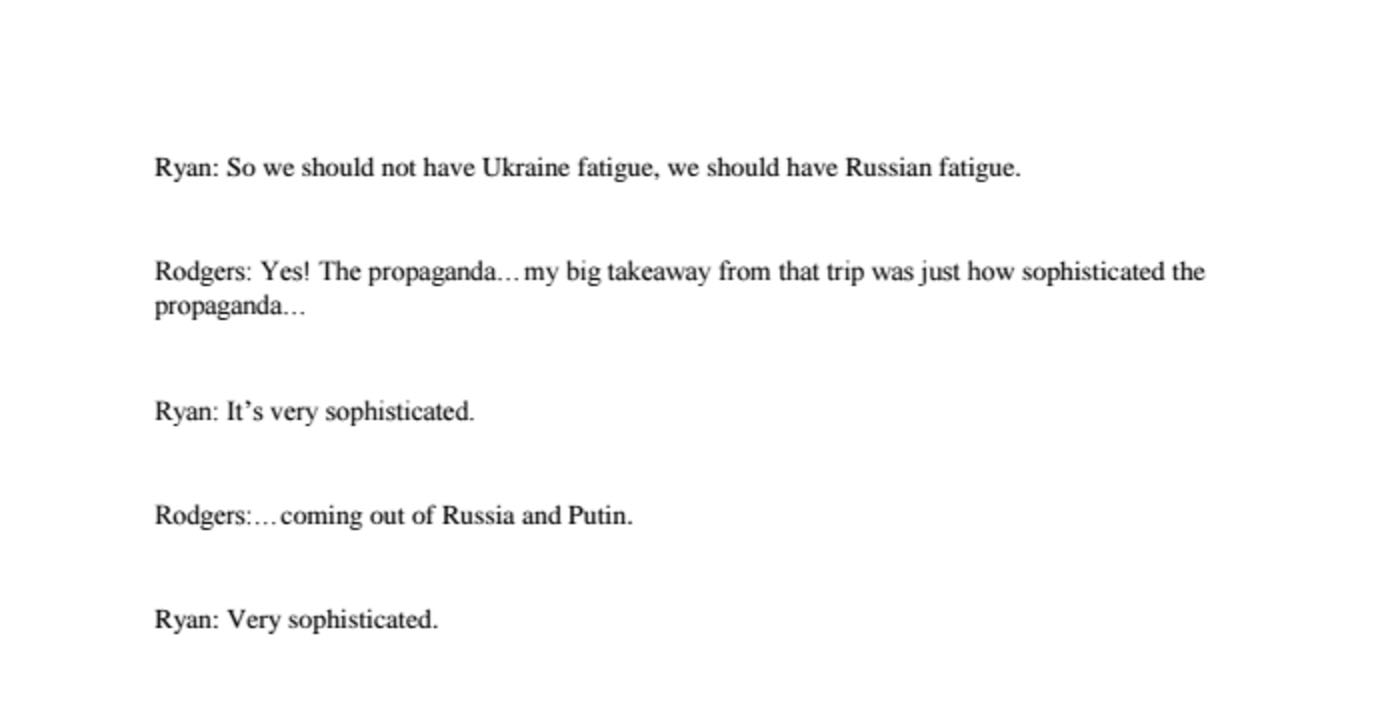I haven’t posted anything political for a while. Partly this is because the political drama has moved so fast and reversed so often that it has been a tough target. And partly it’s because the media and the American intelligentsia are finally getting things right.
For years, I felt like a voice in the wilderness. As a retired newspaperman, truth to me is sacred, and nothing makes me angrier than lies. And so for years I watched the media fall for the trap that right-wing propagandists had set for them. Journalists, including many of my old colleagues, fell for the notion that “objectivity” and “balance” required them to treat intentional deception as valid and reportable, with lies unchallenged. The clichéd way of saying it is, “Republicans, Democrats differ on whether earth is flat.” This journalistic “principle” held all through the Bush and Obama years. It enabled the sophisticated lies that enabled the Iraq war, and it enabled the right-wing strategy of paralyzing and demonizing President Obama (birtherism, etc.) and Hillary Clinton (Benghazi — boo!). The manipulation of the media (and therefore the manipulation of unsophisticated Americans by sophisticated propaganda) corrupted the 2016 election.
But finally an extremely unsophisticated and extremely stupid man named Donald Trump pushed things too far. Not only did the Washington Post and the New York Times enlarge their staffs (and their circulations), but also the truth suddenly mattered again, and lies could be exposed. It is a pure joy to watch this — our intelligence community supplying the truth, and our newspapers boldly printing the truth and calling lies what they are. This has been the blessing in disguise of the Trump era. The vile Republican Party and its propaganda machine overplayed its hand, and now the tables have turned.
As an amateur scholar of propaganda, another thing that greatly disturbed me over the years was Americans’ dangerous inability to recognize propaganda. Russian interference in the American election, and the injection of “fake news” into social media, is at last teaching most Americans an essential lesson about propaganda. Certainly there are still those who eat their propaganda for breakfast and relish it (they still think that Trump is their savior), but increasingly they don’t count. I am daring to hope that propaganda will never again be able to swing a national election in this country, which means that Republicans will never be able to win again. The simple truth is that Republicans cannot win elections without lying, and that Republicans have to lie about their political objectives to get support for their political products, products such as the Iraq war, or yet more tax cuts for the rich while cutting social services that their own voters depend on.
Yesterday, the Washington Post published a transcript of a secretly recorded conversation in which the Republican congressional leadership talked about Russian interference in American politics. They also talked about Russian propaganda:
Ryan and Rodgers are revealing here not only that they recognize propaganda, but also that they recognize sophisticated propaganda. We learned in the 2016 election that Republicans are entirely willing to go along even with subversive foreign propaganda if it suits their purposes and their power. It won them the 2016 presidential election. Now it has backfired on them. The Republican Party bent over for the Russians, tried to keep it secret, and then lied about it. Now they will pay.
The truth continues to dribble out, and we can’t take our eyes off the web sites of the New York Times and the Washington Post. When events like this are unfolding, I often go to right-wing propaganda sites such as the Drudge Report to see how they’re spinning it. As far as I can tell, at least today, the plain truth is overwhelming any attempts to respond with the usual right-wing spin and lies. For years it was the other way around, with right-wing lies spreading so thick and so fast that no one had the resources — even if they had the will — to shoot down all the lies. Right-wingers — for so long accustomed to overwhelming the rest of us with lies — are at last being overwhelmed by the truth.
Sophisticated propaganda is dangerous stuff. Since the rise of Fox News in 1997, sophisticated right-wing propaganda has dominated and corrupted American politics. Can we now dare to hope that, when Donald Trump goes down, he’ll take the era of right-wing propaganda and the Republican Party down with him?
I am daring to hope it.
UPDATE: This just in: Roger Ailes has died, just as I was finishing this post. What perfect timing. Ailes, as the evil genius behind Fox News, was more than anyone responsible for the propagandization of Americans and for bringing the American democracy to the brink of disaster. Not only did he make propagandization profitable, he also taught millions of Americans to prefer lies to truth. He prepared America for Trump and Putin. An era has truly ended.

















